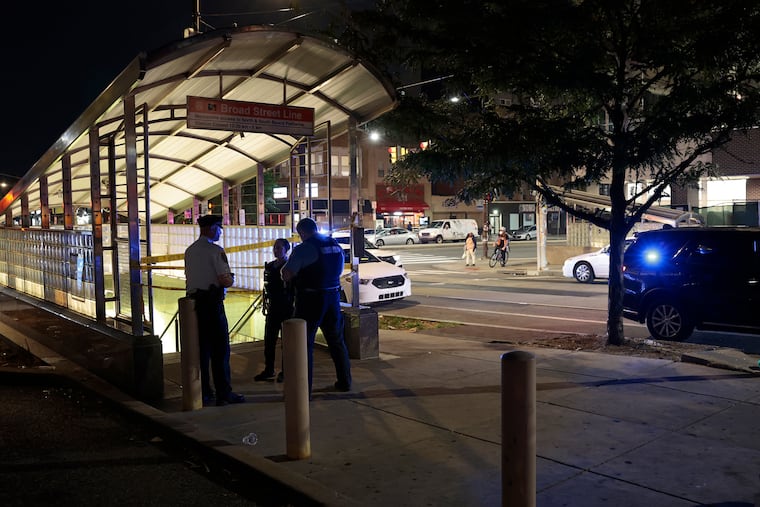Trump’s funding cuts may hinder efforts to restore Philadelphia’s struggling school libraries.
The Philadelphia School District’s ambition to revitalize its school library system and establish a leadership role in the national context now faces significant uncertainty. Under the leadership of the previous administration, several educational grants aimed at enhancing urban school libraries were awarded, including a notable 0,000 grant from the Institute of Museum and Library Services (IMLS). This funding was intended to support the development of a national model for restoring school libraries in urban settings.
However, recent developments have raised alarms within the district. Following major federal budget cuts initiated by the Trump administration, the IMLS has undergone substantial staff reductions, with nearly all personnel being laid off. Debra Kachel, a prominent figure in the Philadelphia Alliance to Restore School Libraries and a key partner in the implementation of the grant, reported that the district has been unresponsive regarding the status of the grant’s financial administration. Furthermore, while the district has technically retained access to the grant, payment for initial expenditures related to the project remains outstanding.
In a communication directed to grantees, an IMLS official indicated uncertainty about the future of grant allocations, stating that reimbursement requests should be submitted expeditiously. This correspondence, shared with stakeholders, caused further concern as the official was among those affected by layoffs.
Philadelphia’s district spokesperson, Monique Braxton, emphasized the district’s commitment to enhancing literacy through active literacy spaces, although she acknowledged that recently constructed libraries in the district’s two newest school buildings lack certified librarians—a critical component for effective library system functioning. While district representatives affirm the ongoing administration of grant payments and the execution of a comprehensive assessment of libraries and digital media centers, they did not elaborate on the long-term future of school libraries amidst a challenging national climate and local budget constraints.
Currently, the school district employs only three full-time certified librarians serving its 216 schools, a drastic reduction from the 176 full-time librarians overseeing 259 schools in the early 1990s. This alarming statistic highlights what numerous experts categorize as one of the worst ratios of school librarians to students among America’s major urban school districts.
Despite a promising outlook initiated by grassroots advocacy and the receipt of the IMLS grant last year, the current situation exacerbates the existing struggles faced by school libraries in Philadelphia. Advocates now find themselves compelled to convene discussions regarding the potential continuation of library restoration initiatives in light of insufficient funding outlooks. A robust strategic plan, aimed at reorganizing the district’s library services and developing pathways for recruiting certified school librarians, remains in limbo as uncertainties persist about financial viability.
As these challenges mount, it becomes increasingly evident that the support for school libraries, long viewed as essential educational resources, continues to wane in the face of budget limitations and shifting administrative priorities. The Philadelphia School District’s endeavor to reclaim its historical position as a national leader in school library support now faces a precarious road ahead, reflecting broader systemic issues impacting educational resources throughout the country.
Media News Source







